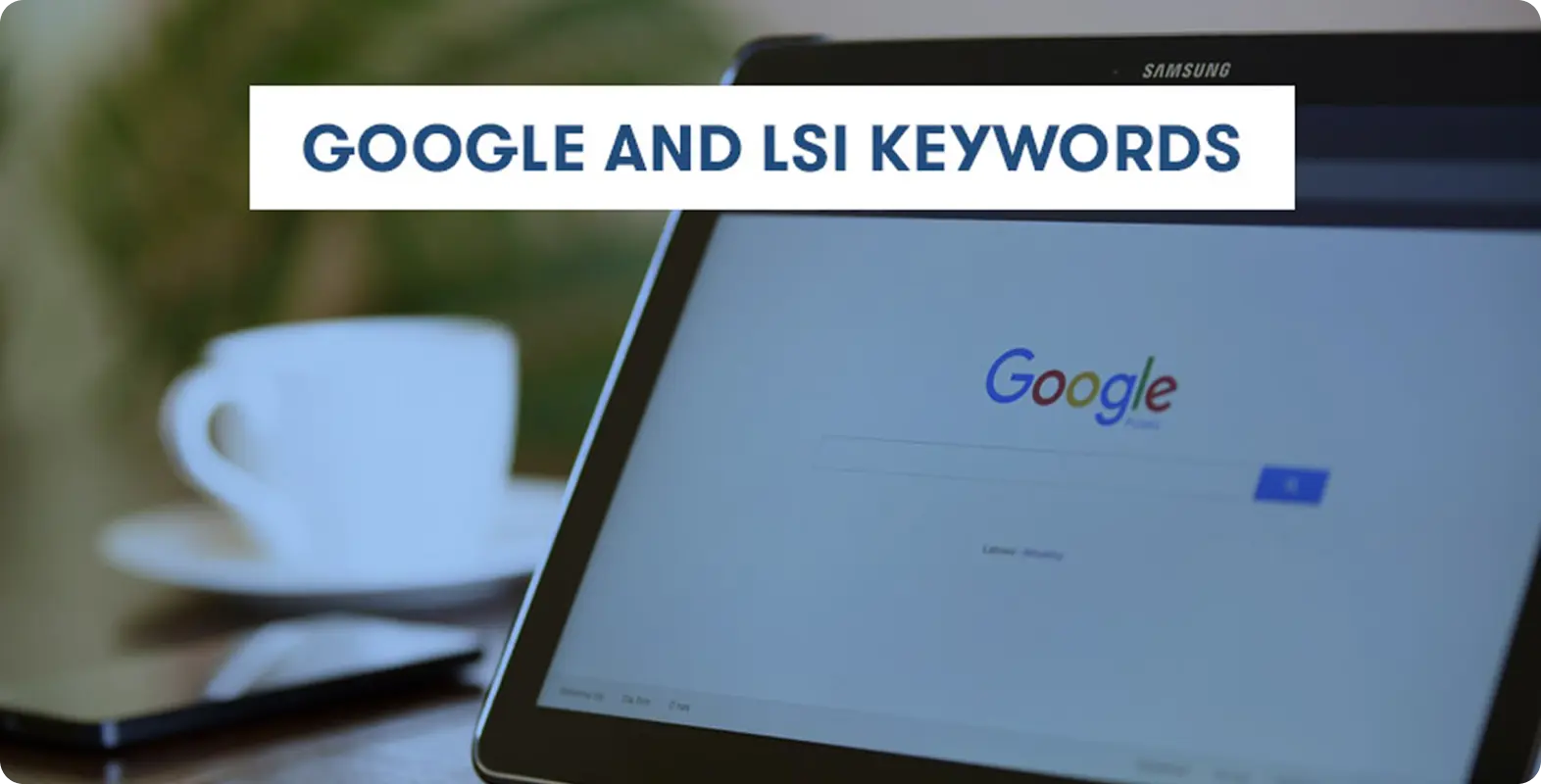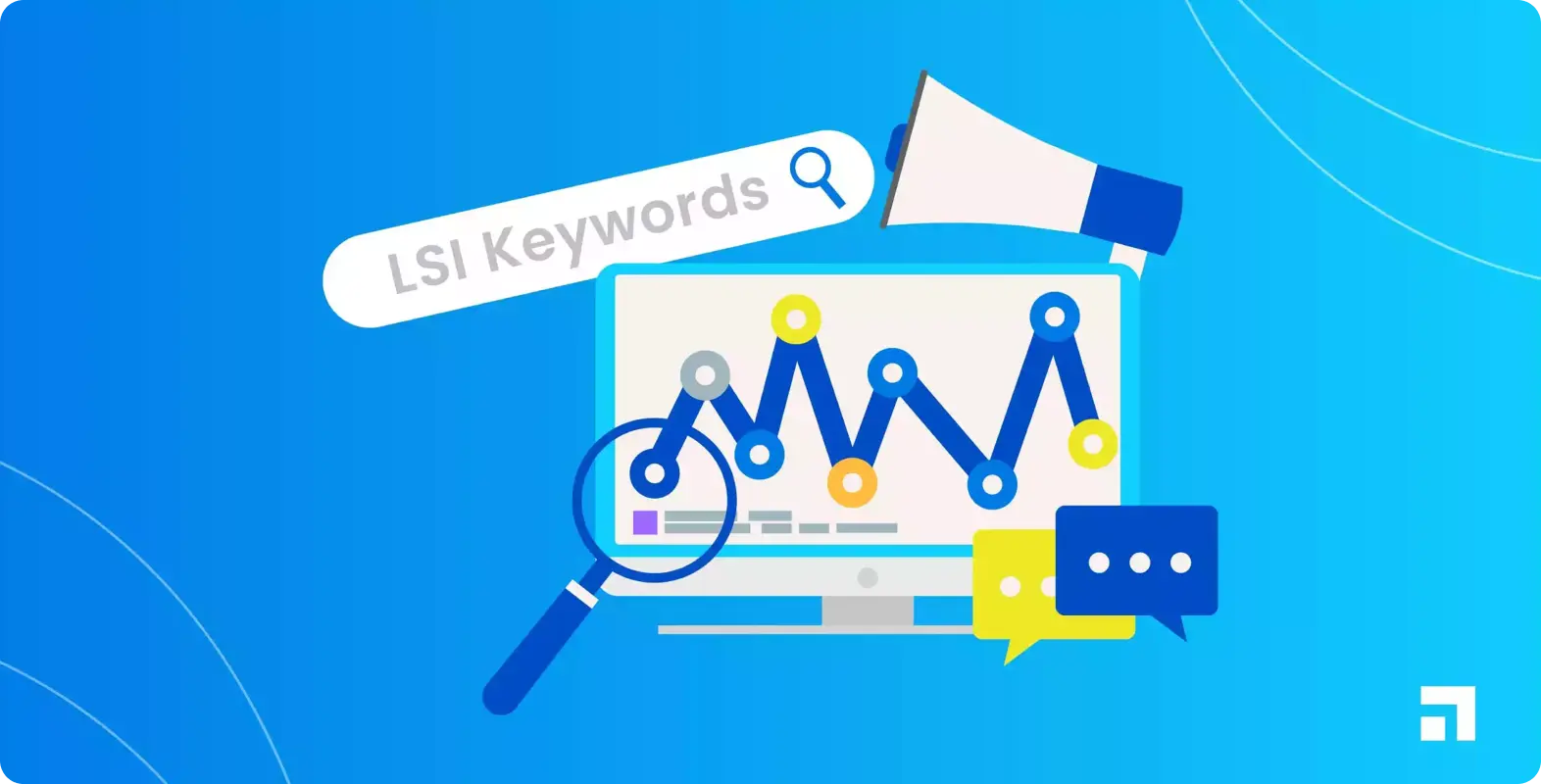- Introduction
- What is Latent Semantic Indexing?
- What are LSI Keywords?
- A Quick History of LSI and SEO
- Does Google Use LSI?
- Why Do LSI Keywords Still Matter?
- Identifying LSI Keywords that Suit Each Topic
- Examples of LSI Keywords in Action
- How to Find LSI Keywords
- Where to Use LSI Keywords in Your Content
- Common Misconceptions About LSI Keywords
- Final Thoughts
Search Engine Optimization (SEO) has advanced considerably over a long time. From keyword stuffing and backlink spamming to AI-driven content analysis and client aim modeling, the rules of diversion are continually changing. In the midst of these changes, one term that frequently resurfaces is LSI keywords. Whereas some SEO experts argue they're outdated, others continue to utilize them as a vital part of content optimization.
So, what precisely are LSI keywords, and why do they still matter within the ever-evolving world of SEO?
What is Latent Semantic Indexing?

Latent Semantic Indexing (LSI) is a strategy developed in the 1980s to assist in distinguishing relationships between words in a body of content. It employs numerical strategies to decide how terms and ideas relate to each other within a given context. The objective was to make strides in data recovery by recognizing the designs of word co-occurrence.
In hypothesis, LSI empowers computers to get their content in a more human-like way, by not only pursuing keywords but also understanding their context. Whereas this concept laid the foundation for the semantic look, it's vital to note that today's search engine utilizes more advanced strategies than classic LSI to translate dialect.
What are LSI Keywords?
LSI (Latent Semantic Indexing) keywords allude to words and expressions that are semantically related to your primary keyword. Opposite to the misguided judgment, LSI keywords are not essentially equivalent words. They are relevantly associated terms that offer assistance to search engines to understand the general topic and aim behind a chunk of content.
For example, in the event that your primary keyword is "Apple", LSI keywords offer assistance. Search engines decide whether you're talking about a natural product or a tech company. Words like “iPhone,” “MacBook,” and “iOS” demonstrate the tech brand, whereas “orchard,” “pie,” or “nutrition” would signal the natural product.
This context-building process is crucial in guaranteeing content relevance and precision for users.
A Quick History of LSI and SEO
Latent Semantic Indexing was developed in the 1980s to move forward the recovery of data by recognizing connections between words in an archive. Whereas Google doesn't utilize LSI within the strict sense, the thought behind LSI, semantic pertinence, and relevant depth, is foundational to how present-day engines work.
Google's algorithms, especially BERT and RankBrain, analyze dialect subtleties, connections between terms, and user search expectations. Whereas they may not utilize LSI innovation expressly, they depend on semantic significance, which is the guideline behind LSI keywords.
Does Google Use LSI?

No, Google does not utilize LSI, and this has been confirmed by well-known SEO specialists. In any case, this doesn't nullify the significance of semantically related keywords.
Google uses advanced natural language processing (NLP) models and machine learning to get its content and user inquiries. These advances depend intensely on semantic connections between words, which are conceptually comparable to what LSI endeavored to do. So whereas the term “LSI keywords” might not be actually exact any longer, the home of utilizing them remains adjusted with how search engines translate content nowadays.
Why Do LSI Keywords Still Matter?
Let's be clear:
Google has affirmed it doesn't utilize LSI innovation. But that doesn't mean utilizing semantically related keywords isn't helpful. In fact, it's more basic than ever. Here's why:
1. Improved Content Relevance
Utilizing LSI keywords helps paint an entire picture around your primary topic. By counting relevantly related terms, your content shows up more comprehensive and pertinent to both clients and search engines.
For illustration, an editorial on “digital marketing” might incorporate LSI terms like “SEO,” “PPC,” “social media marketing,” “email campaigns,” and “conversion rate.” These related terms offer assistance to search engines to understand that your content covers a wide range of advanced marketing, not fair to a single angle.
2. Better User Experience
Content packed with the same keyword over and over, not as it looks spammy, but too disturbs the common stream of perusing. LSI keywords permit you to make more characteristic, lucid content without over-relying on one term.
A well-written article utilizing varied, semantically related keywords gives more esteem and keeps clients engaged longer—a key metric in advanced SEO.
3. Enhanced Search Engine Understanding
These search engines have come to evaluate a webpage from the perspective of context and meaning. They somehow look for signals to determine what a page is all about and if it serves the query best.
Using a range of related keywords emits multiple signals to reinforce the relevance of your content to that particular topic. It can help rank for several related search queries as well.
4. Support for Voice Search and Conversational Queries
Search queries have adopted a more conversational tone, with voice search acting as a catalyst. Users are no longer typing isolated keywords—they’re asking complete questions. LSI keywords help your content appear for these long-tail and natural-language searches.
By understanding the context of the user’s intent and using semantically linked terms, your content is more likely to match what people are truly searching for.
Identifying LSI Keywords that Suit Each Topic

To identify the right LSI keywords, you must deeply understand your core topic and its associated subtopics. Here are a few practical steps:
- Brainstorm topic clusters: Break down your main keyword into related subtopics.
- Check Google's “People Also Ask” and “Related Searches”: These sections provide crucial insights into semantically relevant terms.
- Review high-ranking content: Look for topics, terms, and questions included by other pages performing well.
- Use SEO tools: Tools like SEMrush, LSIGraph, and Surfer SEO provide lists of keywords based on semantic relevance.
- Analyze user intent: Ask what problems or queries people have around your main topic and address those with related terms.
Using this approach can help guarantee that your content is covering a topic in a holistic way, which improves not just the SEO rating but also reader satisfaction.
Examples of LSI Keywords in Action
Example: You are writing an article on Yoga for Beginners.
Your LSI keywords might include:
- Yoga poses
- Breathing techniques
- Flexibility
- Meditation
- Mindfulness
- Yoga mat
- Health benefits of yoga
- Asanas
- Stretching
These terms support the main topic and help search engines understand the breadth of your content.
How to Find LSI Keywords
Even if Google doesn’t explicitly use LSI, incorporating semantically related keywords is a smart content strategy. Here are some tools and methods to find them:
- Google Autocomplete
Start typing your main keyword into Google, and it will present search queries related to it. These suggestions are based on actual user behavior and often contain useful LSI keywords. - Related Searches
Scroll to the bottom of a Google search results page to find “Related Searches.” These are terms Google associates with your primary keyword. - People Also Ask (PAA) Boxes
These offer commonly searched questions related to your keyword. Incorporating answers or terms from these queries helps expand the semantic depth of your content. - Keyword Research Tools
Tools such as SEMrush, Ahrefs, Surfer SEO, and LSIGraph can help identify contextually related keywords that are frequently used by high-ranking content. - Competitor Analysis
Look at the top-ranking pages for your keyword. What semantically relevant terms do they use? This can offer you ideas to extend your content.
Where to Use LSI Keywords in Your Content
LSI keywords, when included naturally in the writing, help improve SEO while maintaining readability. Here’s where you can integrate them:
- Headings and Subheadings (H2, H3, etc.)
- Introductory and concluding paragraphs
- Image alt text and captions
- Meta descriptions
- Anchor text for internal links
- Bullet points and lists
- URL slugs (if appropriate)
Avoid overstuffing. The goal is natural integration to build relevance and context.
Common Misconceptions About LSI Keywords
“Google Uses LSI Directly”
No. Google has publicly stated it doesn’t use Latent Semantic Indexing. However, it does use advanced language models and semantic search. So, while the label “LSI” may be outdated, the idea of using related keywords is still very valid.
“They’re Just Synonyms”
Wrong again. LSI keywords include synonyms, but they also go beyond that. They include words or phrases that are often used together in the context of a topic. For example, "search engine" and "indexing" are not synonyms but are contextually correlated.
"I Need a Tool to Find Them”
Not necessarily. Many LSI keywords can be identified using common sense, Google search suggestions, and understanding your audience’s language. Tools can help, but they’re not the only source.
Final Thoughts: Why They Still Matter in 2025
SEO is no longer just about inserting keywords, it’s about understanding intent, providing context, and delivering value. In that light, LSI keywords, or more correctly, semantically related terms, are still central to writing content that ranks.
While the term "LSI keywords" might not be an accurate definition of what these terms are, enhancing your content with language that is meaningful and contextually appropriate will continue to be the game for better Google ranking, user experience, and audience connection.
At BrandStory, we know content is far more than words on a page, a connection, relevance, and a discoverability factor. Incorporating semantic keywords into your content strategy is not just smart SEO, it’s smart business.
Need help creating SEO-optimized content that drives results?
Reach out to BrandStory, a leading SEO agency in Dubai. Let’s tell your brand’s story the smart way, with relevance, resonance, and results.
We are BrandStory
Get in touch with us at info@brandstory.in to create a pleasant experience for your audience and a great success for your business.








